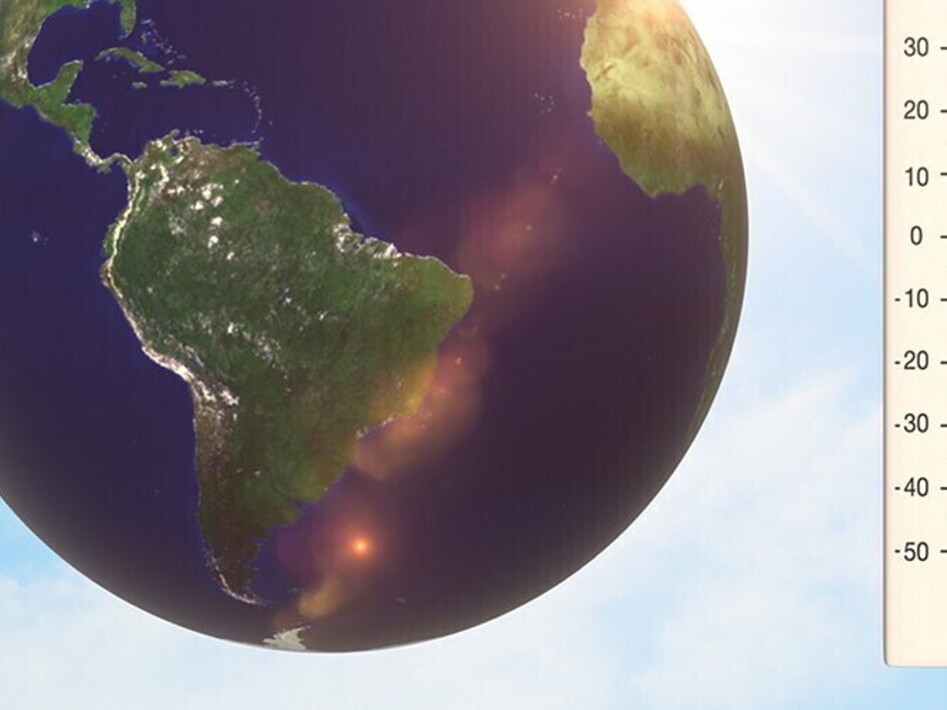Will 2023 be the hottest year ever?
28 November 2023

The cold weather has finally arrived and that's normal since we are almost in winter, but 2023 could go down in history as the hottest year ever, that is, since we started measuring temperatures systematically. Not only that: according to data collected by Copernicus (the European Space Agency programme that monitors the planet's climate) the year that is about to end has been the hottest in the last 120,000 years. Just to give you an idea, 120,000 years ago mammoths grazed in Europe and Neanderthals tried to hunt them. According to ESA, the average temperature of the earth was 15.3°C, i.e. +0.85°C above the average of the last 30 years. Why was it so hot this year? Certainly, global warming caused by the greenhouse effect and therefore by human activities plays a major role, but this year the return of El Niño has amplified its effect. El Niño is a cyclical climatic event that leads to the warming of the surface layers of the Eastern Pacific Ocean every 7 years. The ocean warms up and gives up some of its heat energy to the atmosphere: the result is exceptionally warm temperatures and extreme weather events.
The US organisation Climate Central has confirmed that the last 12 months, from October 2022 to October 2023, have been the warmest ever recorded, with an increase of 1.3°C over pre-industrial levels. This level is very close to the safety threshold of 1.5 °C indicated during the COP21 held in Paris in 2015. Speaking of COP, the UN Climate Change Conference, the next one, the twenty-eighth so far, is about to begin. It will take place in Dubai and will be held from 30 November to 12 December 2023.




